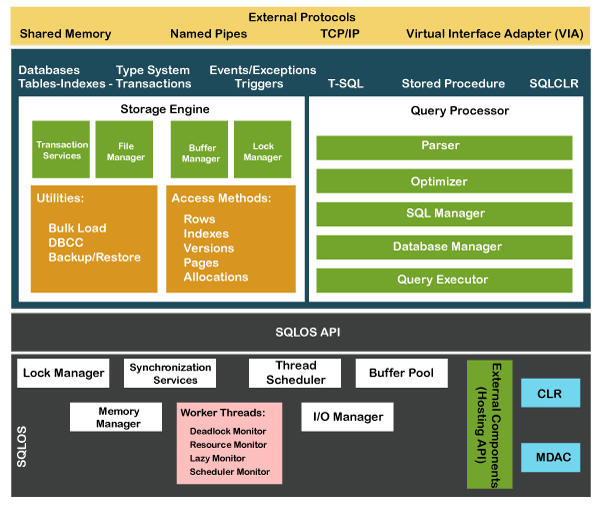

So what is this article all about? It is about selecting data from a database. And last, but not least, I even put in some screenshots! Following, this article has many examples that you can copy/paste into your SQL Server query window to try it out. Next, perhaps the views and writings of someone who is still learning might be well suited for people who are still learning themselves. Third, this article discusses many query clauses in a structured manner (something many websites lack). Second, this article also reads faster than most books.
#Ms sql 2012 express tutorial free#
So why should you still read THIS article and not the book I just mentioned or one of those other articles? Well, for starters, my article is free and most books are not. Everything I am going to write here is discussed in the book I am reading (actually chapters 1 through 5), it is probably discussed in many other books as well and it is discussed on the internet, on CodeProject and countless other websites. And what better way is there to learn than by writing about the subject? So that's exactly what I decided to do.

So I am now, at the time of this writing, studying hard for my exam. The book of my choosing was Querying Microsoft SQL Server 2012. However it seems I need to use SQL Server more and more on a daily basis and as such I decided to at least read a book about it. Whenever stuff gets a little harder I have to ask Google or a coworker for help. As a result I can find my way around querying tables, applying where clauses, grouping data etc., but I never got really good at it. I've had a couple of years experience with SQL Server (20), but I never really got the chance to really get into it. I am currently studying for my Querying Microsoft SQL Server 2012 exam (70-461) (Update: I passed the exam, whoohoo! :-) ). Converting types CAST and CONVERT, PARSE and FORMAT


 0 kommentar(er)
0 kommentar(er)
